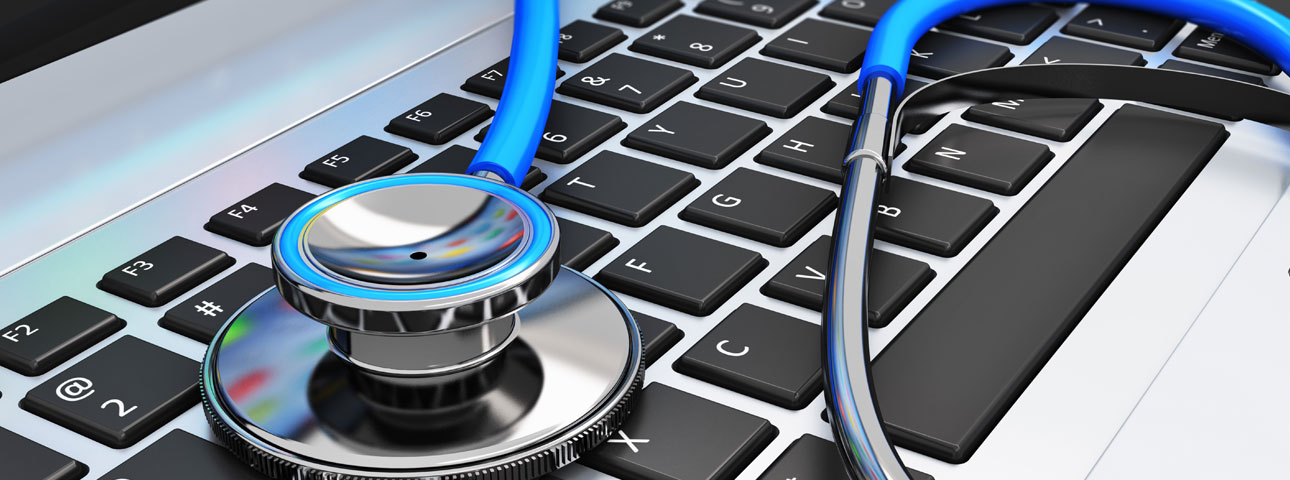Surveillance of the Population: The Day after Corona
We must take advantage of the technological tools at our disposal to battle the coronavirus - without forfeiting our right to privacy.

Flash 90
In their efforts to combat the global coronavirus pandemic (COVID-19), governments around the world, including Israel’s, are considering using every weapon they have in their arsenal. After all, in 2020 we no longer expect to fight with the same weapons that were used in fighting against the Spanish Flu a century ago. Today’s tools include extensive surveillance networks, analysis and cross-referencing of huge databases, monitoring the location of citizens by means of their mobile phones, and using face recognition based on artificial intelligence. When it comes to saving lives, these steps make sense and are justified. But even while we are in the midst of the current drama, it is important to remember what will happen if this technology is used without proper oversight.
When our mobile phones are being used to track where we have been, and the meetings we have had, some of which we would prefer not to be made public, can be revealed Moreover, phone numbers can be cross-referenced with phone company databases to reveal the owner’s name; with the Population Registry database-- to reveal his or her age, and with the databases of health service providers to establish whether an individual has had any existing health conditions that might place them in a high-risk category. And this is more troubling.
Knowledge is power. Governments (as well as private organizations) that hold large volumes of information, wield great power. The concern is that major historical events can be a springboard for attempts at the wide scale collection of information and mass surveillance. The events of 9/11 spurred the development of internet and communications networks, evolving evolved into the largest spying operation in history. The depth and breadth of this activity, and the dangers it posed, became clear only around a decade later, with the result being-that in 2015, restrictions began to be placed on the collection and use of information from communications networks. Similarly, the 2008 Beijing Olympics marked a sharp rise in the government’s use of surveillance against the Chinese people. And most recently, the outbreak of the coronavirus has seen a further ramping up of surveillance in China, including-- not just monitoring of mobile phones – but also the use of face recognition systems.
Every escalation of this kind creates a technological ecosystem that comes up with ideas, products, and technologies for mass surveillance. And these escalations are not scaled back when the particular event in question comes to an end; rather, they remain in place, as if they had always been there. This is what we can expect to happen now. Even after the coronavirus pandemic subsides, it will be possible to use systems that cross-reference health information with location-based information and to prevent measles patients- for example- from moving around in public areas. And indeed we can raise the question: why just those who are sick? The same means could be applied to people who have not been immunized against the flu. . It would also be possible to share this data with the police to find out which criminals have not been vaccinated. And why stop at location tracking via mobile phone companies? Why not force Google to hand over data, or require people to reveal their passwords so as to track them via Waze, or other applications such as Moovit? And what’s wrong about companies using CCTV to identify people who are walking around without masks, or people within crowds who have a high body temperature?
If this sounds like a dystopian vision of the future, it’s worth visiting the website of the Chinese company Sense Time. In the coming months, we will see many technology firms transform themselves into companies providing “smart epidemic-prevention services.”
The future is in our hands. The means we are now willing to view as acceptable, reasonable, and inevitable will remain in use afterward. Every state and every society will have to decide what level of surveillance it is willing to put up with. In Europe, countries are not prepared to use any form of data collection, and even in the current emergency, they are true to their commitment to European data protection regulations. In other countries, such as Taiwan and Singapore, in which data has been collected and cross-referenced, the results were not passed on to the state secret services, as is being proposed here in Israel, by deploying the Israel Security Agency (“Shin Bet”).
Our goal must be to make full use of technology to combat the coronavirus, without ending up as a dystopian society from some second-rate science fiction thriller. And so, it is important that the steps being taken should be transparent and properly explained to the public. Moreover, there must be ongoing and effective oversight and close monitoring of the uses made of various technological capabilities: who gets to use them, who has access to the information revealed, how is this information secured, and how will it be deleted when the storm dies down and the coronavirus becomes a distant memory.
